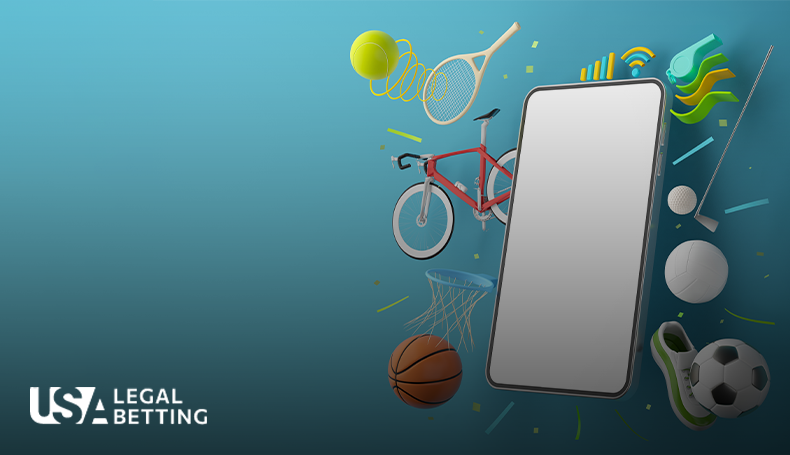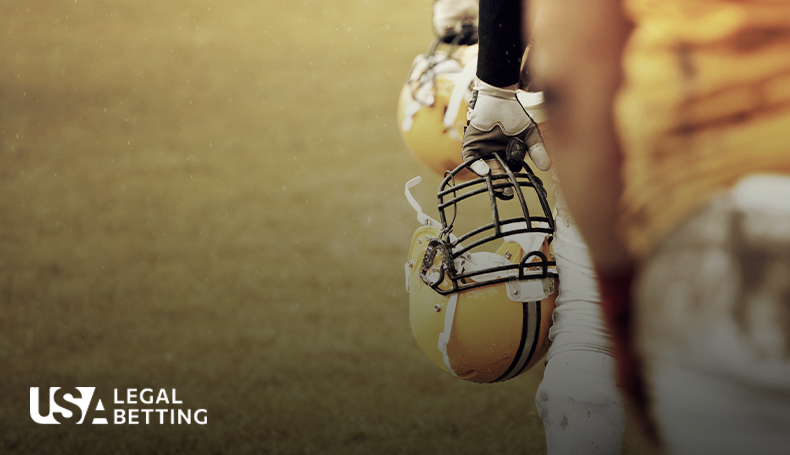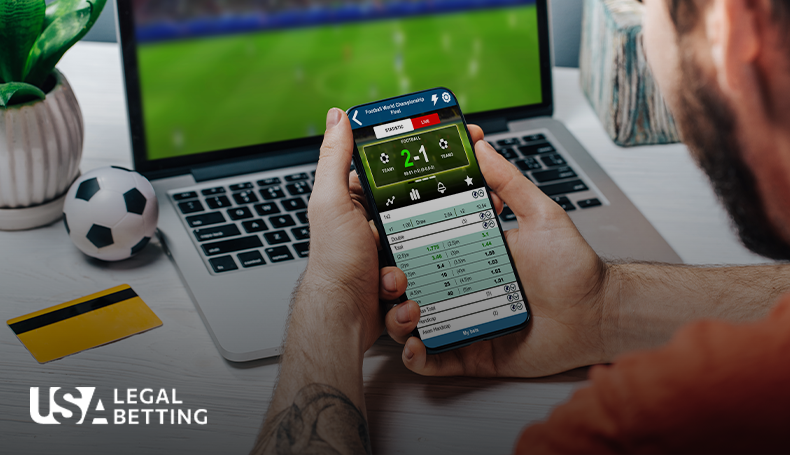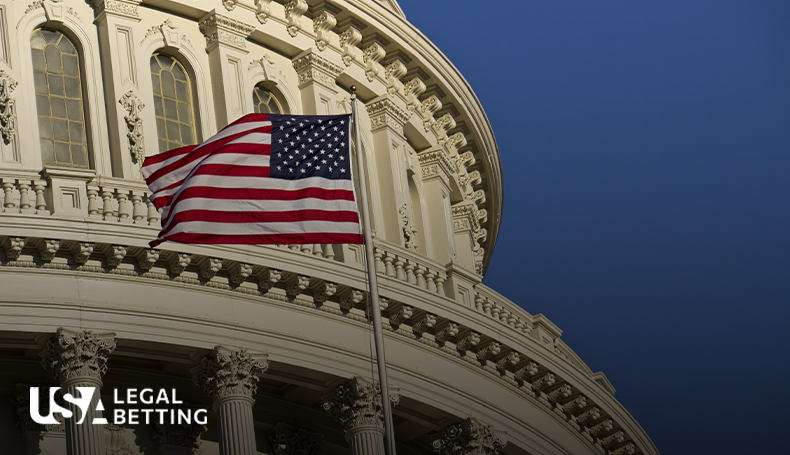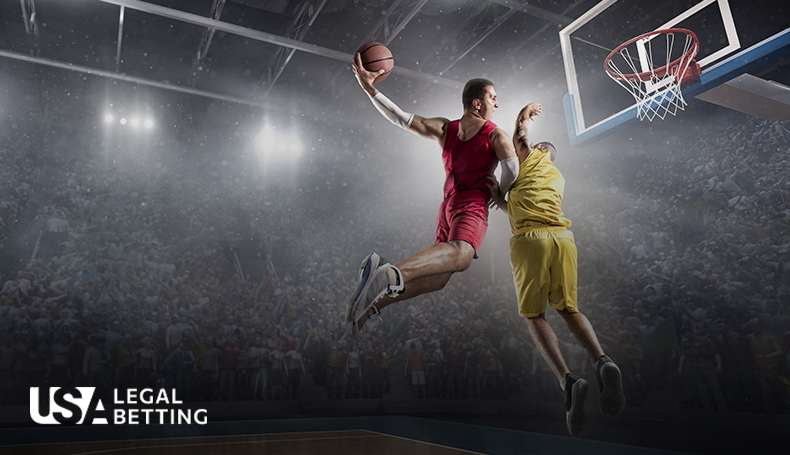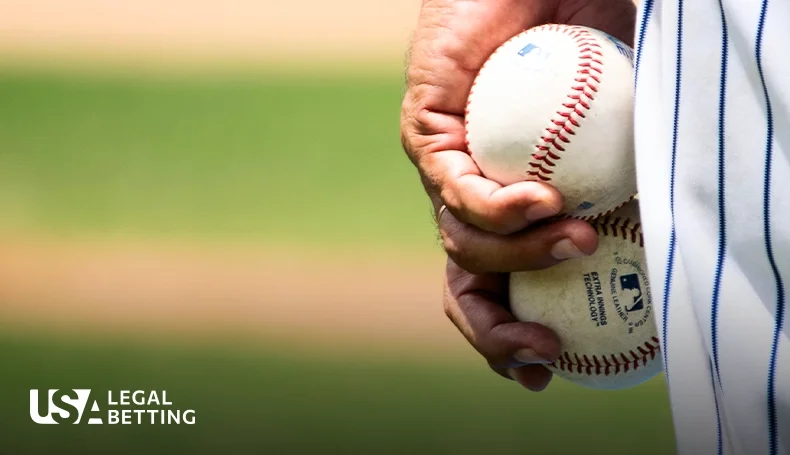After a crazy first few years, sports betting companies and regulators are taking more steps to protect consumers from abuse and general issues.
Seven leading betting sites —bet365, BetMGM, DraftKings, PENN Entertainment (ESPN Bet), Fanatics, FanDuel, and Hard Rock—announced in March they teamed up to form the “Responsible Online Gaming Association.” The joint venture will see the companies share insights related to problem gambling and work together to increase education and awareness for gambling addiction.
Maryland, Ohio, Louisiana, and Vermont also recently announced immediate or upcoming bans on college player prop bets around the time NCAA President Charlie Baker released a public statement imploring states to remove these types of bets.
Baker’s plea came from a desire to uphold the integrity of college sports and to protect student-athletes from the increase in harassment they experienced after the federal legalization of sports betting.
Despite these and other efforts, there are still many cases of gambling abuse and major betting scandals, such as the one involving Los Angeles Dodgers megastar Shohei Ohtani.
Grubbs hopes that his research will help sports betting regulators address the issues related to alcohol.
“Across the U.S., due to state regulations, there are a lot of responsible gambling messages and warnings that casinos and sportsbooks are required to share with people," said Grubbs. "But I think we need to consider whether or not there also needs to be messaging around alcohol use as well in those settings, especially if increasing access to sports gambling is bringing people into situations where they’re more likely to drink in dangerous ways, if we know that these things are going hand in hand, we need to think about how to minimize harm.”



